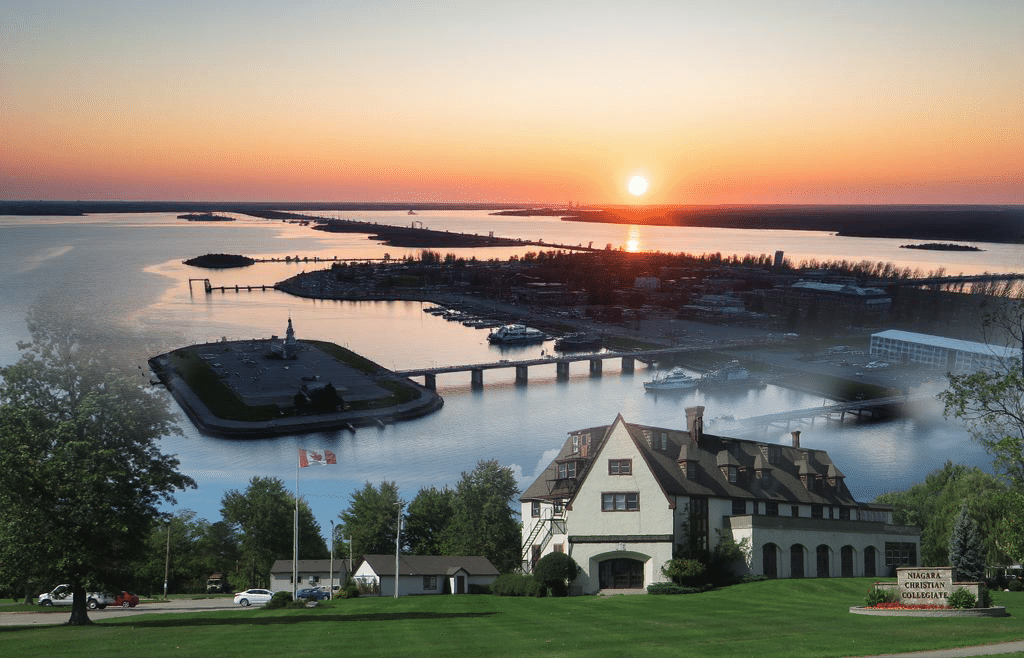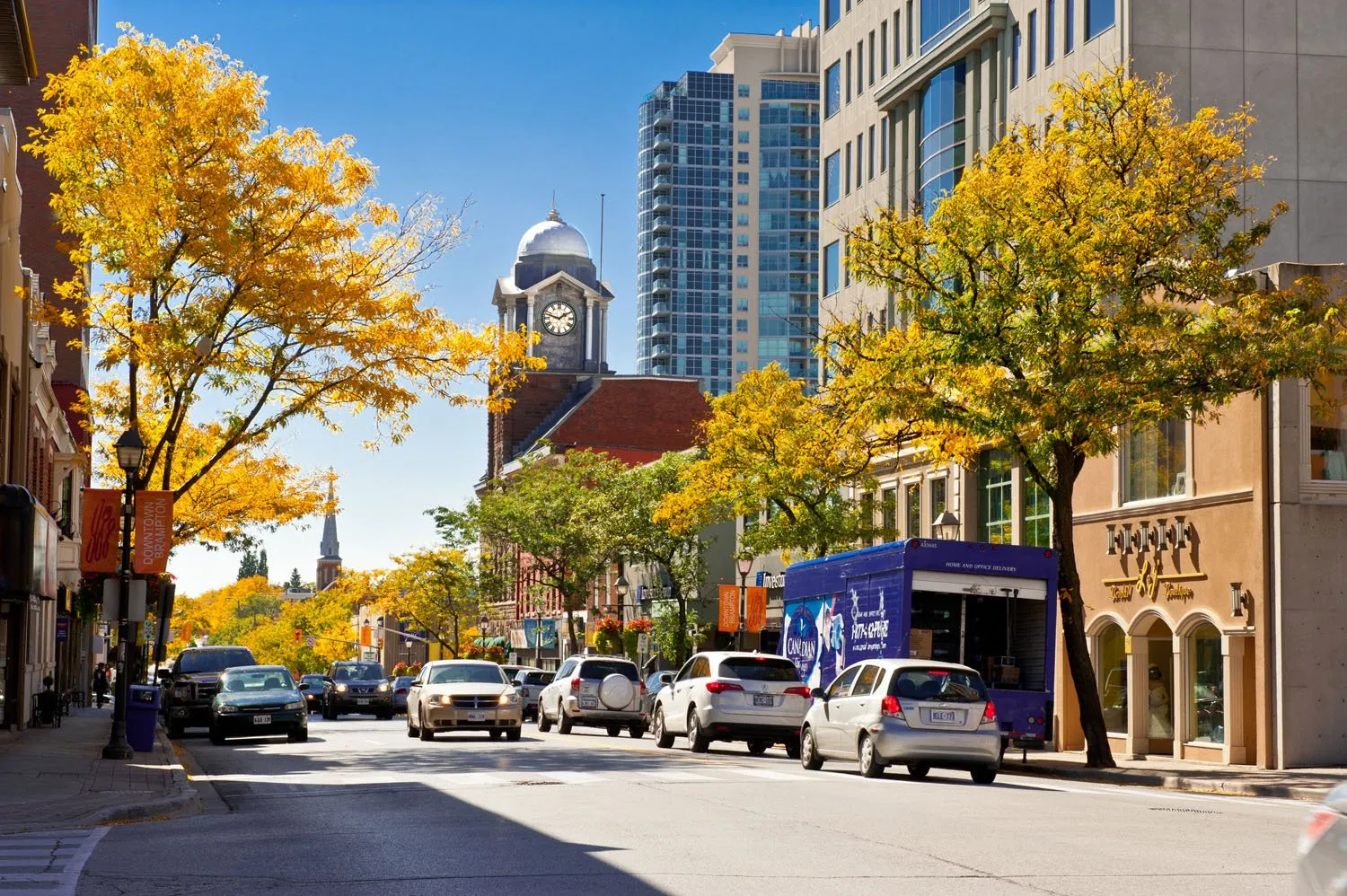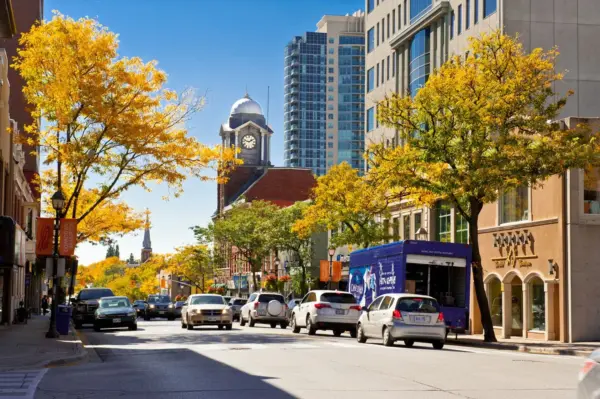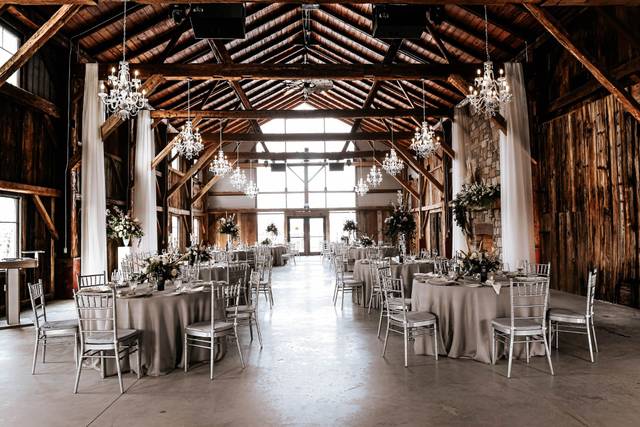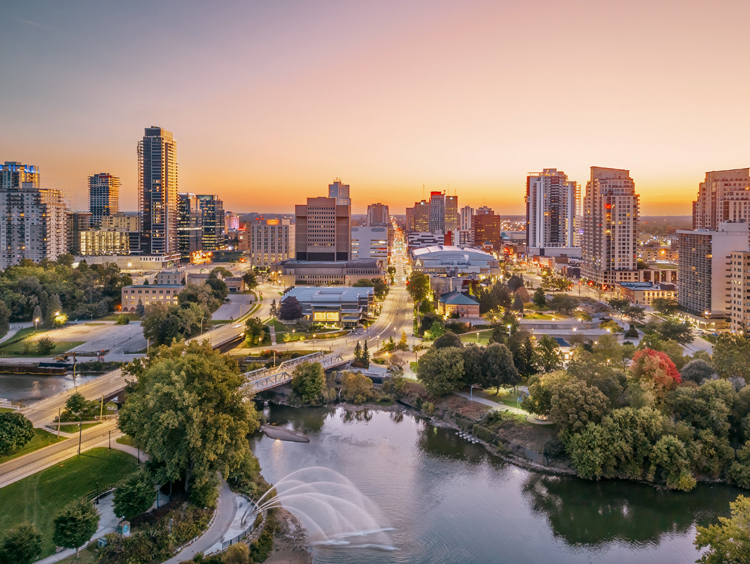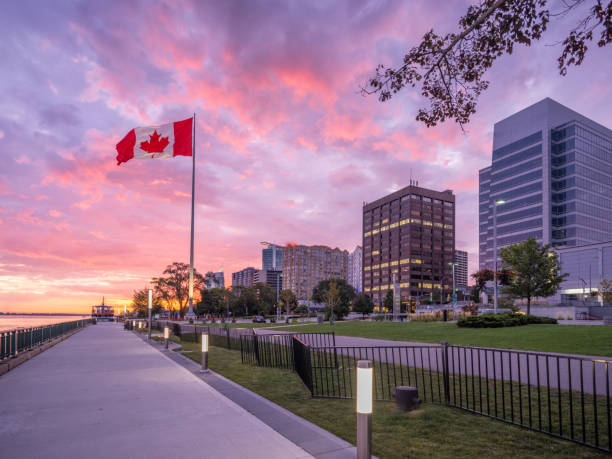Looking to buy or sell your home in Brampton? You’re not alone. With its vibrant culture, diverse neighborhoods, and fast-growing economy, Brampton is one of Ontario’s top real estate destinations. But in such a competitive market, how do you find the No. 1 Agent in Brampton who truly understands your needs?
Whether you’re a first-time homebuyer, upgrading to a larger space, or selling a family property, choosing the Top Realtor in Brampton makes all the difference. In this blog, we’ll unpack what separates the best from the rest and guide you toward making a confident decision.
Why Brampton Real Estate Is Booming
Brampton isn’t just another GTA suburb. It’s a city full of opportunity, character, and strong investment potential. Here’s why so many buyers and investors are turning their attention here:
- Rapid Population Growth: Brampton has one of the youngest and fastest-growing populations in Canada.
- Commuter-Friendly: With GO Train access and quick highway connections, it’s a great spot for Toronto workers.
- Education and Healthcare: Excellent schools and expanding healthcare infrastructure make it ideal for families.
- Community Vibe: From vibrant festivals to local parks and multicultural eateries, the lifestyle is second to none.
- Diverse Housing Options: Detached homes, townhouses, condos, and investment properties offer something for everyone.
These benefits drive competition—which makes the role of a Top Agent in Brampton more important than ever.
Qualities of the No. 1 Agent in Brampton
Not all agents are created equal. While some may post listings and hope for offers, the Best Agent in Brampton takes a proactive, client-first approach. Here’s what to look for:
- Local Expertise: They know the nuances of Brampton neighborhoods—from Castlemore and Mount Pleasant to Springdale and Downtown.
- Proven Track Record: Years of consistent, high-value transactions with glowing testimonials.
- Marketing Mastery: High-quality visuals, virtual tours, online ads, and a solid social media presence.
- Negotiation Skills: Confidence at the table, backed by data and experience.
- Client-Focused Service: Responsive, respectful, and committed to your goals—not just their commission.
Working with the Top Realtor in Brampton means having someone in your corner who treats your investment like their own.
What Sets the Best Realtors in Brampton Apart?
When you start comparing the Top Real Estate Agents in Brampton, you’ll notice that the best offer more than listings and showings. They provide full-service solutions tailored to each client. Some standout services include:
- Customized home staging consultations
- Access to off-market or coming-soon properties
- Mortgage and financing partnerships
- Post-sale support like lawyer referrals and utility transfers
- Investment analysis and ROI projections
This level of service builds lasting relationships—not just one-time transactions.
The Power of Real Testimonials
Nothing speaks louder than the experience of others. Here are some examples from real clients who worked with the Top Agent in Brampton:
“We were nervous first-time buyers, but our agent made the process smooth and stress-free. She explained every step and helped us get our dream home under budget. Truly the Best Realtor in Brampton!”
“After two failed attempts with other agents, we hired Brampton’s top team and sold in five days for 10% over asking. Their marketing and negotiation were next level.”
Buyer Benefits: Guidance from Start to Keys in Hand
Buying a home is more than scrolling listings. A top agent will:
- Help you define your budget and priorities
- Recommend neighborhoods that match your lifestyle
- Flag potential issues in properties before the inspection
- Provide CMA reports to make strong offers
- Negotiate to protect your price, conditions, and terms
Having the Best Agent in Brampton by your side can help you avoid mistakes and secure your ideal property.
Seller Perks: Marketing That Moves Properties
If you’re selling, you want results—fast and at the right price. Here’s how the Top Realtor in Brampton makes that happen:
- Strategic pricing that attracts attention without undercutting value
- Professional staging and photos that highlight your home’s best features
- Listings on high-traffic platforms like MLS, Realtor.ca, and social media
- Hosting open houses and private tours to maximize showings
- Managing multiple offers and closing smoothly
A great agent doesn’t just sell your house—they market a lifestyle that buyers can see themselves in.
Also read: A City Guide of Brampton, Ontario 2024
Why Team-Based Agents Deliver More
Many of today’s Top Realtors in Brampton operate as part of a full-service team. This often includes:
- A lead agent
- A showing assistant
- A marketing specialist
- A client care coordinator
- In-house mortgage or legal consultants
With more minds working on your behalf, you get faster service, wider exposure, and expert-level execution at every stage.
FAQs About Choosing the Top Agent in Brampton
- What makes someone the No. 1 Agent in Brampton?
The title isn’t just about sales volume. It’s about trust, consistency, local knowledge, and client satisfaction. The No. 1 Agent in Brampton goes above and beyond to ensure clients are well-educated, supported, and ultimately successful in their real estate journey.
- How can I verify that someone is the Best Realtor in Brampton?
Start by checking their online presence—reviews, testimonials, and recent listings. Ask for references and request proof of past performance in your desired area. The best agents will be transparent, data-backed, and confident in showing their results.
- Are Top Real Estate Agents in Brampton more expensive?
Not necessarily. Commission rates are often similar across agents, but the difference lies in the value delivered. A top-tier agent may actually save you money through better negotiation or bring you a higher sale price with superior marketing.
- Can a Top Agent help with investment properties?
Yes. Many of the Top Realtors in Brampton are skilled at identifying profitable rental properties, flip opportunities, or pre-construction deals. They’ll assess market demand, forecast ROI, and help you build wealth through smart decisions.
- How do I start working with a Top Agent in Brampton?
Reach out for a consultation—most offer free, no-obligation calls or meetings. Prepare questions, share your goals, and see how they respond. A great agent will listen, educate, and map out a plan before asking for your commitment.
Final Thoughts: Your Success Starts with the Right Agent
Real estate is one of the biggest decisions you’ll ever make. Why leave it in the hands of anyone but the best? By choosing the Top Agent in Brampton, you gain a trusted advisor who puts your needs first and delivers results that exceed expectations.
Whether you’re buying, selling, or investing, let your next step be your smartest. Work with the No. 1 Agent in Brampton and unlock the full potential of your property goals.
Need a recommendation? We’re here to help you connect with Brampton’s best.
Let’s get you moving—the right way.

